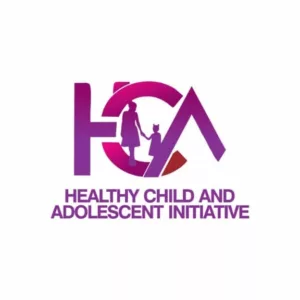
The Mmepe Obodo project is an initiative aimed at creating economic stability for women and girls in Nigeria through vocational skills training. The project is designed to impact this group of individuals with skills they can use to start small businesses with little capital and grow over time. The ultimate goal of the project is to train Two Thousand and Twenty-Three (2,023) women by the end of 2023.
The name “MMEPE OBODO” comes from the Igbo language and its a two word coming together to form one. “MMEPE” means “Development” while “OBODO” means “Community”.
The project recognizes the critical role women play in building the economy of Nigeria and aims to empower them to contribute to the economic growth of their communities. Women in Nigeria are often marginalized and lack access to education, healthcare, and economic opportunities. The Mmepe Obodo project is an intervention aimed at closing this gap and empowering women to take charge of their economic lives.
Vocational Skills Training
The Mmepe Obodo project is focused on vocational skills training because it recognizes the importance of practical skills in creating economic opportunities for women. Vocational skills are skills that can be used to perform specific jobs or tasks and can be learned through on-the-job training or formal training programs.
The project offers training in various vocational skills, including fashion designing, hairdressing, catering, soap making, air freshener, bead making, and computer training. These skills are carefully selected to align with the needs of the local community and to ensure that the trainees can find employment or start a business after completing the training.
The vocational skills training program is designed to be hands-on, practical, and interactive. The trainers are experienced professionals in their respective fields, and they use a combination of classroom sessions and practical sessions to impart knowledge to the trainees. The trainees are also given the opportunity to practice the skills they have learned by working on real-life projects and assignments.
Sponsorship
The Mmepe Obodo project is a non-profit initiative, and as such, it relies on donations and sponsorships to fund its activities. The project is seeking sponsors who can help provide financial support for the training of the 2,023 women targeted by the project.
Sponsors can choose to support the project in various ways, including:
Funding the Training Program
Providing Mentorship
How do we measure Impact
The Mmepe Obodo project aims to create economic stability for women and girls in Nigeria. The project recognizes the critical role women play in building the economy of Nigeria and aims to empower them to contribute to the economic growth of their communities.
The project’s impact will be measured in various ways, including the number of women trained, the number of businesses started by the trainees, and the number of jobs created as a result of the training. The project also measures the social impact of the training, such as increased confidence, self-esteem, and independence among the trainees.
How will your Donation be used?
We have identified through our research and discussion with the trainers of the skillset that with Five Thousand Naira or Twelve Dollars (#5000/$12), the women can start a mini business that is scalable and profitable.
Therefore, your generous donation will be used to provide the first start up grant for the underpriviledge women and girls who will be fortunate enough to cross our part in this campaign for 2023.
The project is set out to train women on how to make Liquid Soap, Air Fresher, Toilet Wash, Plantain Chips, Perfume, Ankara Branded Materials and a host of others. Each location will have specific skill assigned to it in order of priority and need of the community.
Your funds donated to us will be used to buy material needed to set up the beneficiaries of the program. The product they make by themselves during the practical session under a supervised setting will be their first product for them to start their ventures with. We would not be giving the cash into beneficiaries hand instead, we will give them the materials to make the marketable and sellable product.
Current Project Partners



